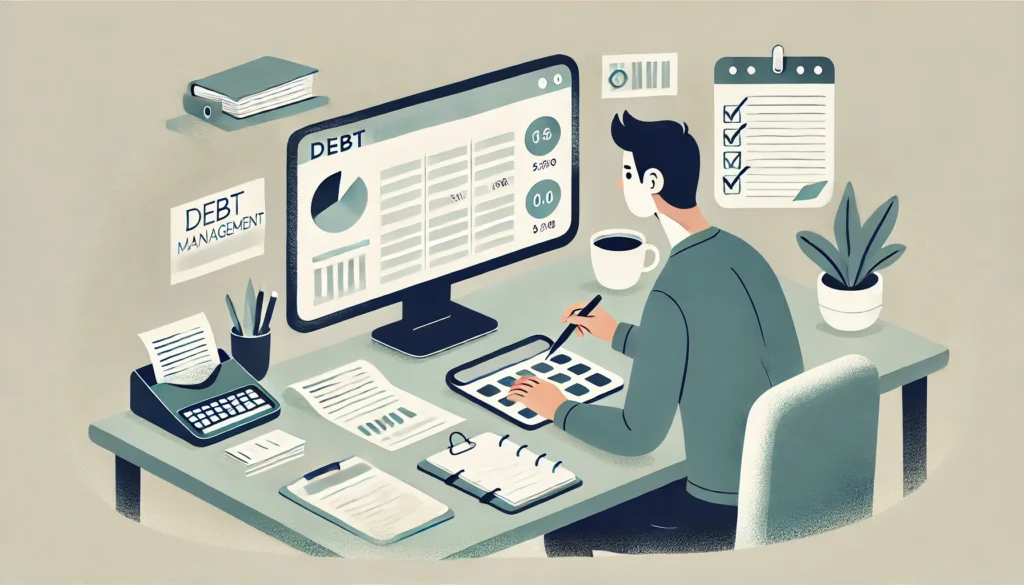Debt is like a shadow that follows us, often making us feel overwhelmed and anxious. But what if I told you there’s a way to transcend this burden and reclaim your financial freedom? Welcome to “Transcending Debt: Effective Repayment Strategies,” where we will discuss practical steps to help you manage and eliminate debt effectively. Whether dealing with student loans, credit card debt, or a mortgage, these strategies can help guide you through the intricate debt repayment process.
Understanding Your Debt
Before exploring repayment strategies, it’s crucial to have a clear picture of your debt. List all your debts, including the principal amount, interest rates, monthly payments, and due dates. This will give you a comprehensive overview and help you prioritize which debts to tackle first.

Create a Budget and Stick to It
Budgeting is the cornerstone of any debt repayment plan. Develop a practical budget that details your monthly earnings and expenditures. Identify areas where you can cut back and allocate those savings towards debt repayment. Remember, every little bit helps.
The Snowball and Avalanche Methods
Two popular debt repayment methods are the Snowball and Avalanche methods. The Snowball method entails paying off the smallest debts first while making minimum payments on larger ones. This provides quick wins and motivation. The Avalanche method prioritizes paying off debts with the highest interest rates first, which saves you money over time.
Consolidate Your Debts
Debt consolidation means merging several debts into a single loan with a lower interest rate. This simplifies your payments and can reduce the interest you pay over time. Many banks and financial institutions in India provide consolidation loans, so explore your options to find the best fit.
Negotiate with Creditors
Don’t hesitate to contact your creditors to negotiate better terms. This could include lowering your interest rate, extending your repayment period, or settling for less. Many creditors are willing to work with you if it means they can recover some of their money.
Build an Emergency Fund
Though it might seem counterintuitive, having an emergency fund can stop you from accumulating more debt. Aim to save at least three to six months’ worth of expenses. This cushion can cover unexpected expenses and keep you on track with your repayment plan.
Seek Professional Help
If your debt feels insurmountable, consider seeking assistance from a financial advisor or a credit counseling service. They can provide personalized advice and create a customized repayment plan for your financial circumstances.
Conclusion
Transcending debt is a journey that requires patience, discipline, and a well-thought-out strategy. By understanding your debt, creating a budget, choosing the right repayment method, consolidating, negotiating, building an emergency fund, and seeking professional help, you can take back control of your finances and work towards becoming debt-free
Author’s Note:
Navigating debt can be challenging, but every step you take toward repayment brings you closer to financial freedom. Stay dedicated and have faith in your ability to overcome this challenge. For further reading, check out “Your Money or Your Life” by Vicki Robin and “The Total Money Makeover” by Dave Ramsey.
G.C., Ecosociosphere contributor.





Comments
Fantastic advice! The tip on creating several sources of income is so crucial. I’ve been working on this, and it’s made a big difference. I also created a no-cost resource on side hustles, which your readers might appreciate. Well done!
Awesome post! The advice about using a robo-advisor is spot on. I’ve been using one for a long time, and it’s made managing money so much simpler. I also wrote a guide on how to choose the right one, which might help your readers. Keep up the great work!
Great article! The advice about using a budgeting journal is perfect. I’ve been using one for a long time, and it’s helped me on track. I also wrote a guide on how to make your own, which might help your readers. Keep up the great work!